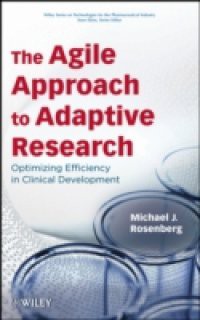Throughout the history of psychology, there have been full investigations of discrete emotions (particularly negative ones) and a recent wealth of books on happiness, but few exist on the emotion of joy. This book takes a unique psychological approach to understanding this powerful emotion and provides a framework within which the study of human joy and other related positive fulfillment experiences can fit in a meaningful schema. A key feature of this book is its development of an experiential phenomenology of joy.a This phenomenology is based on more than three hundred descriptions of joy experiences recounted by subjects in an empirical study executed by the author. Types of joy experiences are examined, such as excited vs. serene joy, anticipatory vs. completed joy, and affiliative vs. individuated joy. There is no comparable book or work that clarifies the relationship among major positive states with emotional components including satisfaction, happiness, and ecstasy.



 8.5 (2)
8.5 (2) 












